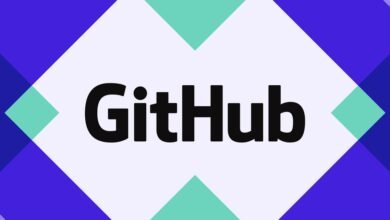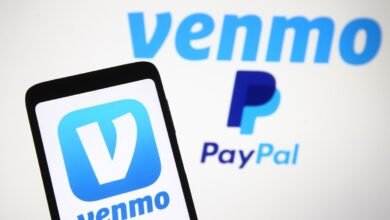Best to Worst: How Private Is Your Generative AI? Study Reveals

▼ Summary
– A new report by Incogni ranks generative AI services based on data privacy, evaluating criteria like data collection, transparency, and opt-out options.
– Mistral AI’s Le Chat ranked as the most privacy-friendly, followed by ChatGPT and Grok, due to limited data collection and clear privacy policies.
– Meta AI was rated the least privacy-friendly, with poor scores on data collection and sharing, while Gemini and Copilot also ranked low.
– Some AI services, like ChatGPT and Grok, allow users to opt out of using their prompts for training, while others like Gemini and Meta AI do not.
– The report highlights that transparent and readable privacy policies significantly improve user understanding of data practices, but many large tech companies lag in clarity.
When it comes to generative AI, not all platforms treat your personal data the same way. A recent study by data privacy firm Incogni evaluated nine major AI services, ranking them from best to worst based on how they handle user information. The findings reveal stark differences in transparency, data collection practices, and privacy protections across popular chatbots.
The research assessed each platform against 11 key privacy criteria, including how training data is sourced, whether user conversations feed into model improvements, and how clearly companies explain their data practices. Among the services examined were Mistral AI’s Le Chat, OpenAI’s ChatGPT, xAI’s Grok, Anthropic’s Claude, and Meta AI, with results varying significantly between providers.
Le Chat emerged as the most privacy-conscious option, scoring well for limited data collection and strong transparency. While it wasn’t perfect in every category, its approach to minimizing invasive practices set it apart. ChatGPT secured second place, praised for clear privacy policies and giving users control over how their data is used. However, concerns lingered about OpenAI’s broader data-handling methods.
Grok, Claude, and Pi AI followed in the rankings, each with strengths and weaknesses. Grok, for instance, excelled in disclosing how prompts train models but fell short in making its privacy policy easy to understand. Meanwhile, Meta AI landed at the bottom of the list, criticized for aggressive data collection and sharing practices.
The study highlighted troubling trends among tech giants. Microsoft’s Copilot and Google’s Gemini also performed poorly, with policies suggesting user prompts could be shared with advertisers or corporate affiliates. Unlike some competitors, these platforms offer no clear way to opt out of data usage for training, leaving users with little control.
One notable finding was the disparity in mobile app data collection between iOS and Android versions of ChatGPT and Gemini. This inconsistency raises questions about why certain platforms gather more information from one operating system than another.
For those concerned about privacy, the report underscores the importance of reading policies carefully. While some services, like ChatGPT and Grok, allow users to block their prompts from model training, others provide no such option. Transparency remains a major hurdle, long, convoluted privacy documents often obscure critical details rather than clarify them.
Smaller AI developers generally fared better than industry giants, suggesting that as companies scale, privacy protections sometimes take a backseat. If keeping your data secure is a priority, choosing the right AI tool requires more than just evaluating its capabilities, it demands a close look at how it handles your information behind the scenes.
For daily tech insights delivered straight to your inbox, subscribe to our morning newsletter. Stay informed without compromising your privacy.
(Source: ZDNET)





